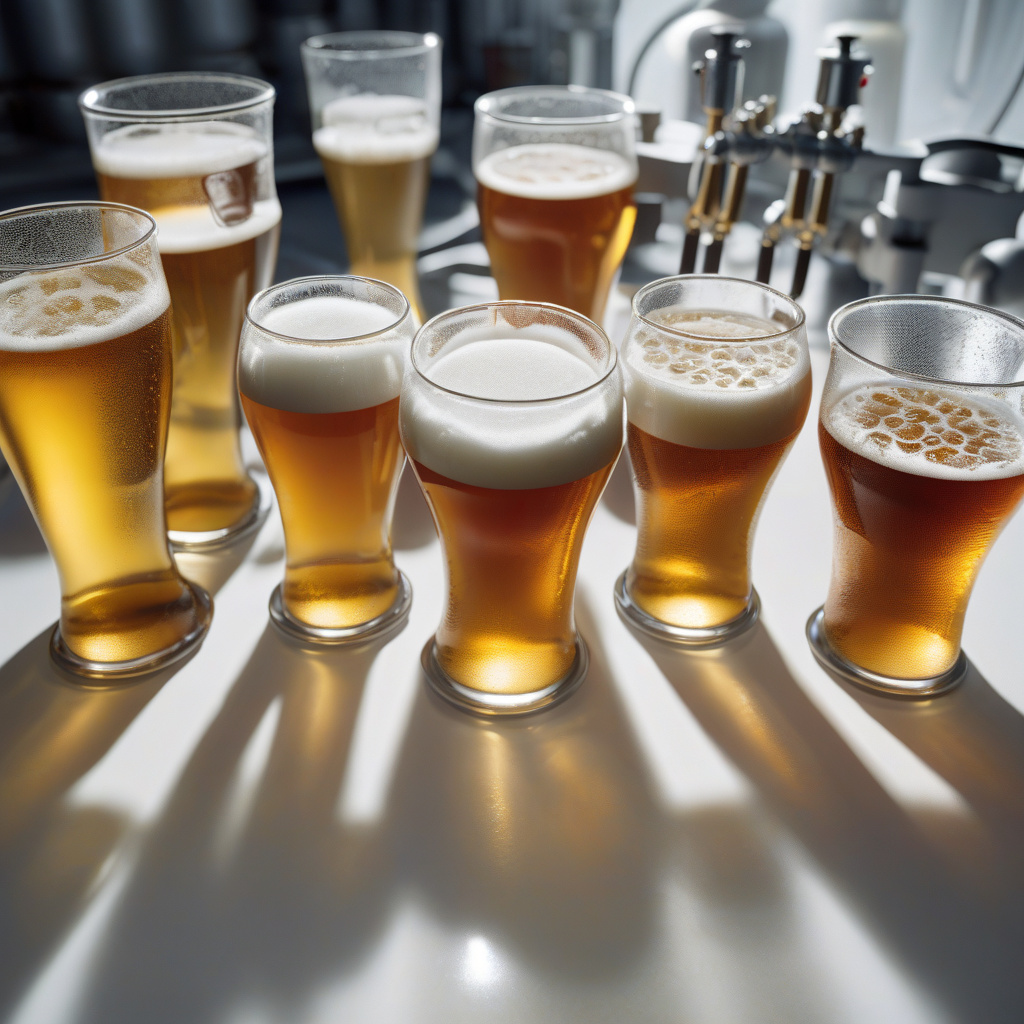PFAS Chemicals Detected in 95% of US Beers: Unveiling the Hidden Ingredients
A recent study has sent shockwaves through the brewing industry, revealing the presence of PFAS chemicals in a staggering 95% of beers produced in the United States. This discovery not only raises significant health concerns but also sheds light on the pervasive issue of water contamination across the country.
Per- and polyfluoroalkyl substances, commonly known as PFAS chemicals, have been linked to a myriad of health risks, including cancer, immune system suppression, and developmental issues in children. These persistent chemicals have infiltrated various aspects of our daily lives, from cookware and food packaging to now, seemingly innocuous beverages like beer.
The study, which was conducted by a team of dedicated scientists, underscores the urgent need for greater awareness and regulation surrounding the presence of PFAS chemicals in consumer products. With the brewing industry being a central focus of this investigation, it is essential for both manufacturers and consumers to understand the potential risks associated with these harmful substances.
One of the most concerning aspects of this revelation is the widespread nature of PFAS contamination in US beers. This not only points to a serious issue within the brewing process but also highlights the broader problem of water pollution in the country. Given that water is a primary ingredient in beer production, it comes as no surprise that PFAS chemicals have found their way into the final product, potentially exposing consumers to unforeseen health hazards.
As consumers become increasingly conscious of the ingredients in their food and beverages, the presence of PFAS chemicals in beer serves as a stark reminder of the hidden dangers that may lurk within everyday products. While regulations on these substances are still evolving, it is crucial for both brewers and regulatory bodies to take proactive steps in addressing this issue and ensuring the safety of consumers.
In response to these findings, breweries are now faced with the challenge of reevaluating their production processes and sourcing methods to mitigate the presence of PFAS chemicals in their beers. By implementing stringent quality control measures and exploring alternative ingredients, brewers can work towards offering consumers a safer and more transparent product.
Furthermore, consumers play a pivotal role in driving demand for safer, healthier products. By staying informed and advocating for greater transparency in food and beverage production, individuals can exert pressure on manufacturers to prioritize consumer safety and well-being.
In conclusion, the discovery of PFAS chemicals in 95% of US beers serves as a wake-up call for both the brewing industry and consumers alike. It underscores the importance of thorough testing, stringent regulation, and proactive measures to address the pervasive issue of water contamination and chemical exposure. As we navigate these challenges together, let us strive towards a future where transparency and safety are the cornerstones of our food and beverage industry.
#PFASChemicals, #USBeers, #WaterContamination, #ConsumerSafety, #BrewingIndustry












